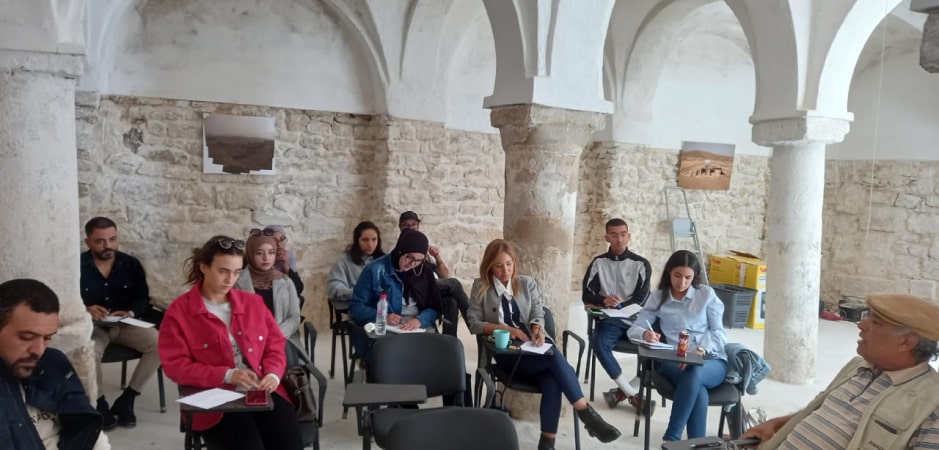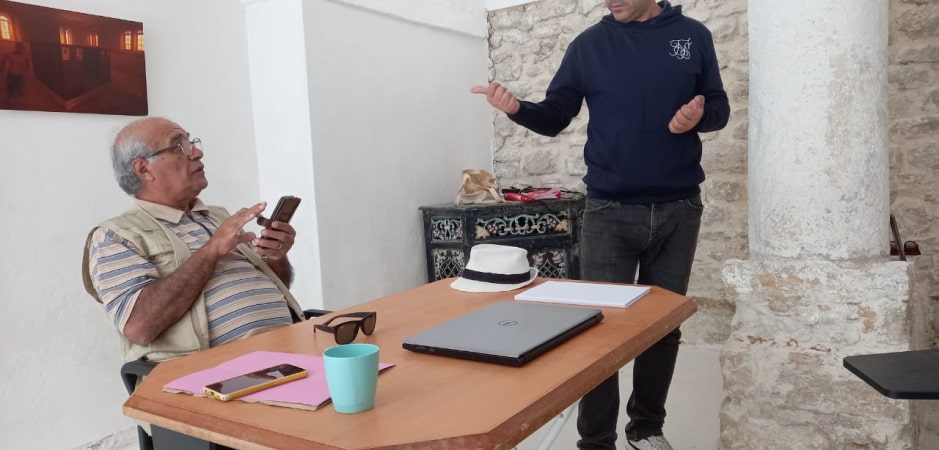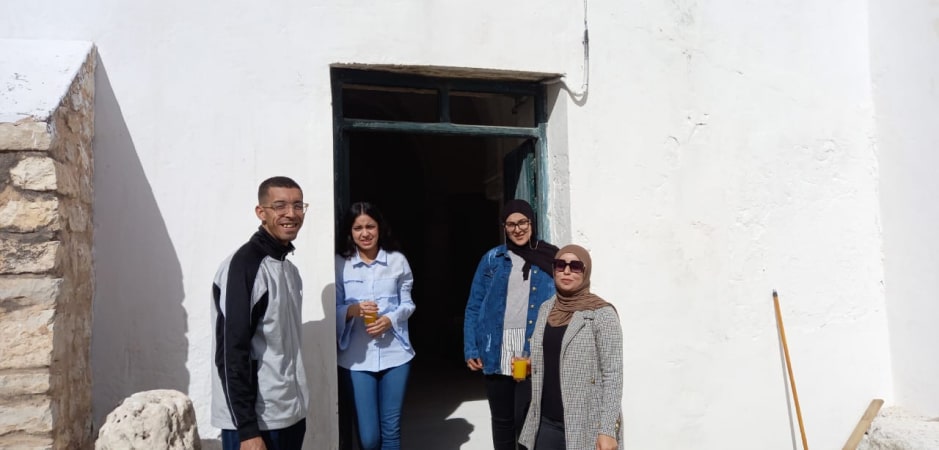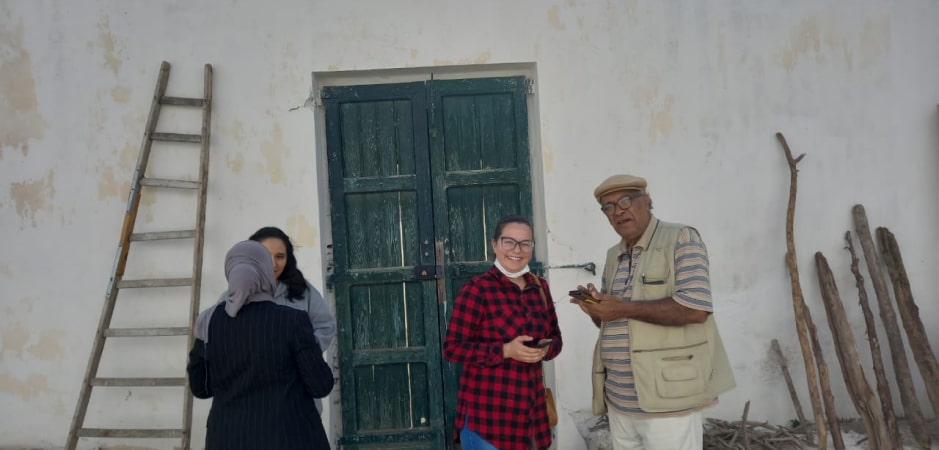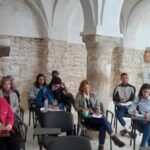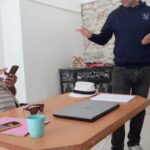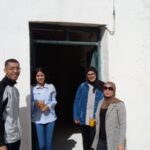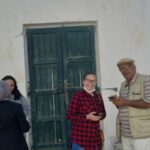Yesterday, project leaders in the Patrimoni2.0 training program benefited from a first design thinking workshop run by Aicha Ben Salah, a university lecturer and product design specialist.
The aim is to help these young people from Kef to develop the identity of their project.
The Patrimoni 2.0 training course is part of the overall Museum Lab program in Kef (2021-2024), supported by the Drosos Foundation.
Objective and methodology
The second class of the Patrimoni training program began in October 2022. It welcomes 19 young graduates and young project leaders from Kef and the northwest region to train them for 8 months in tangible and intangible heritage professions – theory and practice, development of innovative projects – based on the enhancement of the heritage of the city of Kef.
Patrimoni’s objective is to train some 40 young beneficiaries from Kef (young graduates and young entrepreneurs) over 3 years (2021-2024) in the knowledge and techniques needed to conserve and promote Kef’s intangible cultural heritage (ICH), with the help of numerous professionals and multi-disciplinary experts.
The disciplinary field covers history, cultural and natural heritage, communication, cultural mediation and its digital tools, and project management support, from idea to implementation.
The methodology used for the Patrimoni training course follows a progressive approach based on four phases:
- A first theoretical part on the history, geography and architecture of Kef, with application exercises, reinforced by outings and site visits.
- A second practical phase, involving capacity-building workshops and the discovery of know-how-related techniques.
- A third part focused on data collection through meetings with Kef resource persons.
- A fourth part based on support for beneficiaries’ projects by a specialist mentor and/or peers.
- The program is structured around common modules, learning-by-doing workshops and coaching, project follow-up and professional integration.
At the end of the 8-month training and incubation period, the young people trained can be integrated :
- Directly into Museum Lab’s activities, through job creationfor example, the creation of derivative product collections and the organization of heritage-related events.
Indirectly through the realization of their own projects, products or services enriching the region’s cultural and tourism offer and projects, linked to other skills identified during the recruitment of beneficiaries, and responding to local needs.
